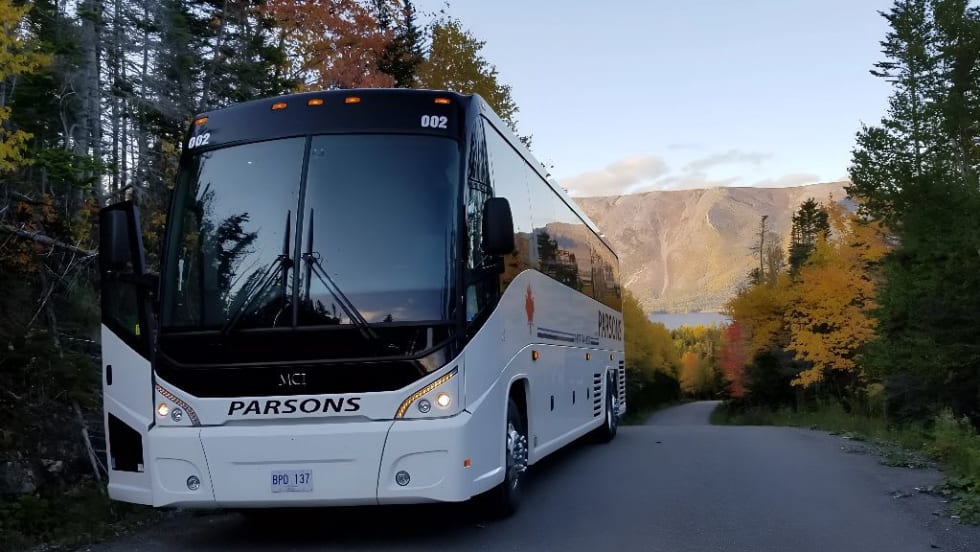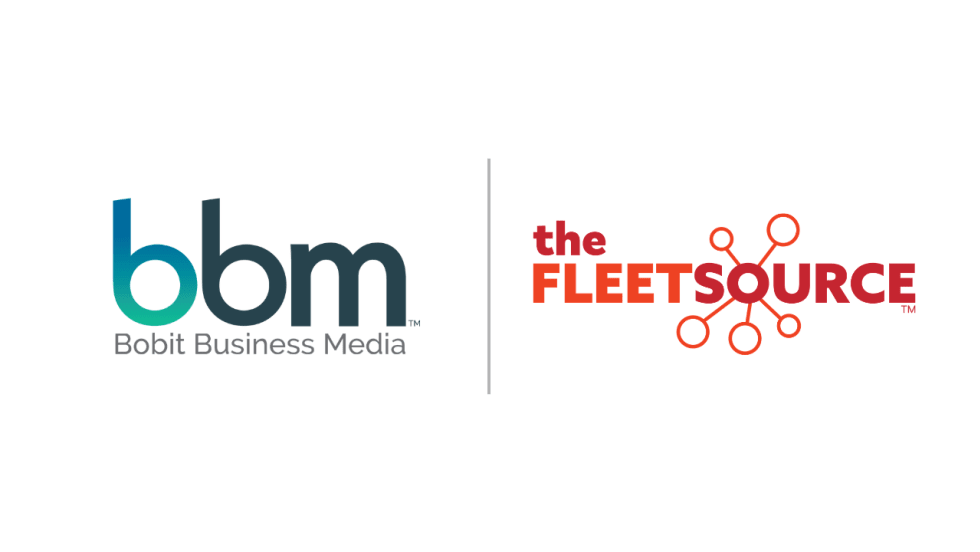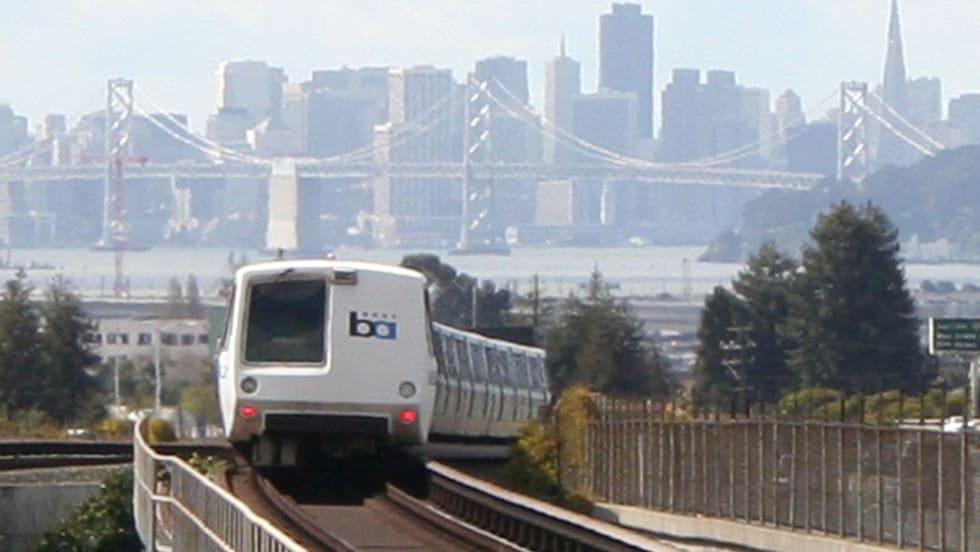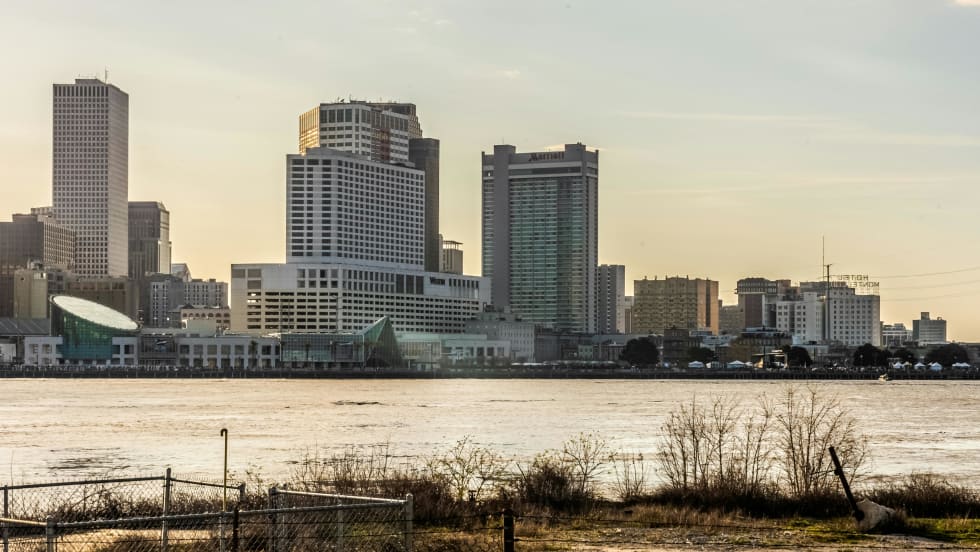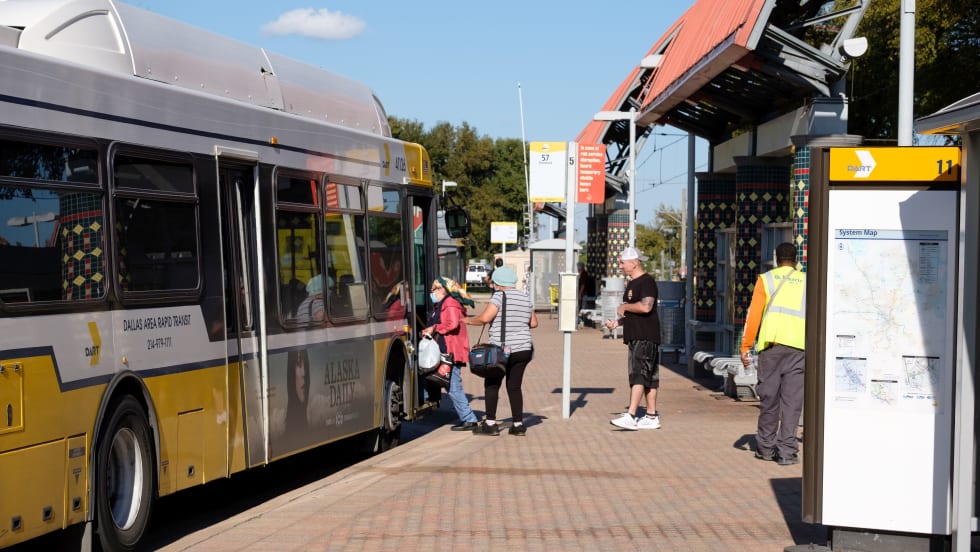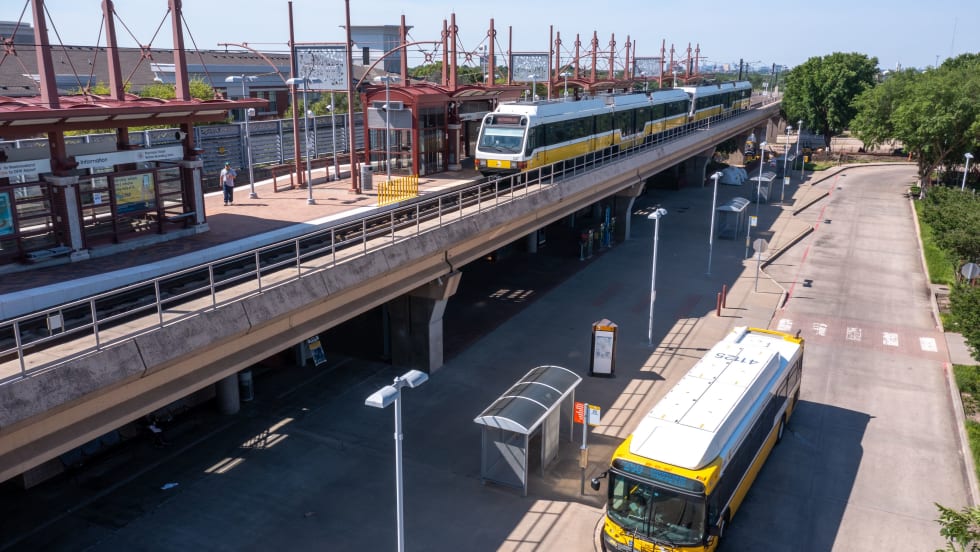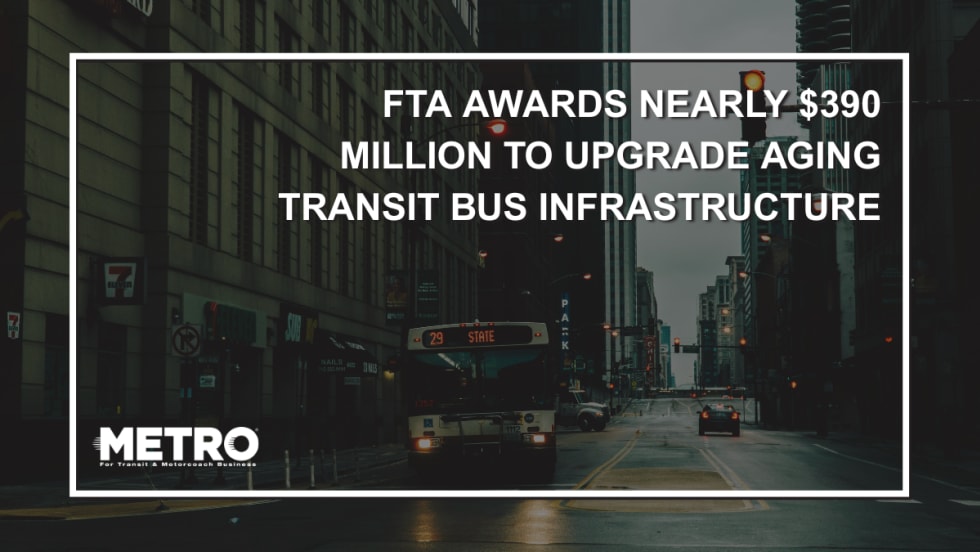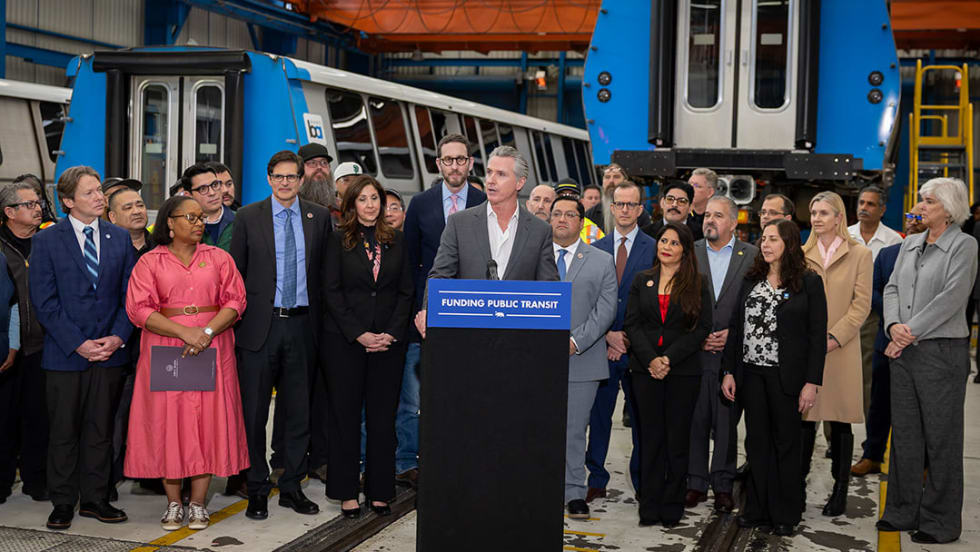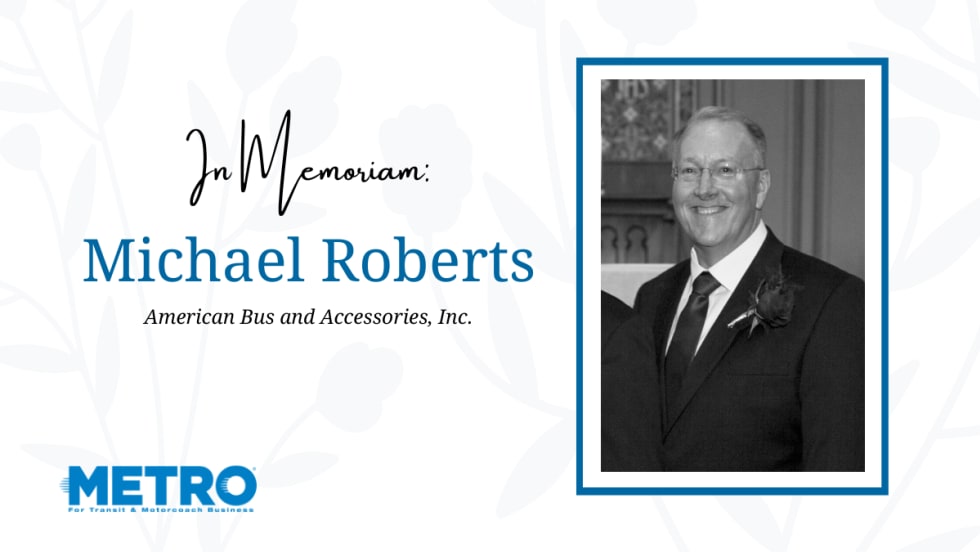TransitCenter recently released its latest report, "People First," which took a deep dive into the causes behind the transit industry's workforce challenges.
While reports have highlighted solutions and conditions of the workforce shortage, "People First" examined what is happening with human resources divisions within transit agencies.
According to TransitCenter, HR has to be elevated as strategic thought and planning partners at the leadership level to solve workforce challenges.
Takeaways from the TransitCenter Report
The American Public Transportation Association (APTA) surveyed 190 transit agencies and found that 96% reported workforce shortages. Meanwhile, 84% reported shortages impacted transit operations.
Laurel Paget-Seekins, the author of TransitCenter’s report, discussed her takeaways from TransitCenter’s look at the current state of the workforce.
“Many aspects of the current transit workforce shortage were forecast 20 years ago and as an industry, we did not do enough to prepare,” Paget-Seekins. “Agencies need to make structural and organizational changes in hiring and retention practices and workplace culture to be competitive in today’s labor market.”
TransitCenter took the approach to look more into HR divisions of transit agencies to provide recommendations for agency leadership, encourage HR departments to be strategic partners, and highlight solutions in hiring and retention practices.
“The project started with a series of interviews with current and former transit employees (in office roles) and HR problems and solutions emerged as a main theme,” Paget-Seekins said. “People were frustrated with the time to hire as a job seeker and as a hiring manager. They didn’t see a way to advance out of their current role without someone else retiring. They were burnt-out and not getting support from their supervisors.”
Takeaways from the report include:
Agencies do not have the workforce needed to get the current job done or plan for the future.
Agencies have not completely adjusted to changes in the labor market and workers’ expectations.
HR departments can't help departments identify what skills transit agencies are missing without being seen as a partner by the leadership departments.
Upgrading internal communication infrastructure is important to create future transit agency workplaces.
The report also provided best hiring practices.
TransitCenter found that the Massachusetts Bay Transportation Authority (MBTA) “needs to hire 2,800 people over the next year to backfill vacancies and staff new positions to address safety, increase service, and implement new programs.”
To address this, TransitCenter recommended agencies should make jobs more competitive with compensation, change job requirements, and add more training programs.
On the retention side, one small agency shared with TransitCenter that “of their approximately 100 employees, four are under 45 years old, and the average age of their drivers is 65.”
TransitCenter said investing in training, creating a career pathway, and implementing a succession plan all empower employees to stay with one agency for a longer time.
Are HR Departments Overlooked in the Workforce Conversation?
TransitCenter’s report ultimately found transit needs people with different skills and expertise, and that is why it is important to equip HR departments with the necessary skill sets to find the right employees.
“Many agencies are realizing in the short-term they have to increase the capacity of their HR departments to ramp up hiring,” Paget-Seekins said. “In that sense, HR isn’t overlooked. But the needed changes go beyond additional marketing and recruiting for jobs. These changes aren’t overlooked as much as they are difficult and require partnerships and collaboration to be successful. Long-term effort will be needed to build training programs, rethink job requirements, and improve workplace culture.”
Paget-Seekins added that better communication infrastructure for internal communication with all employees will help HR departments.
TransitCenter mentioned improving workplace culture as a solution to workforce challenges. This includes improving the culture among different departments, which can empower HR.
“One aspect is creating teams focused on culture-change work that can balance the liability-centered work,” Paget-Seekins said. “Communication skills are important to make sure all policies and communication from HR use clear people-centered language. Data analytics skills are important to understand retention and retirement rates and project future hiring needs.”
How to Advocate for Workforce Improvement
TransitCenter’s report provided advice for people looking to advocate for better workplace conditions.
Agencies recommend:
Make the case for training and development money in transit agency operating budgets and grant applications.
Ask that your agency commits to at least 3% of its labor budget for employee training and development.
Push for civil service reform if that applies to your area and streamline HR processes in your city or state depending on the governance structure of your local transit agencies.
Advocate for more money for transit knowing it is going to cost more to provide the same amount of service in order to make transit agencies healthy workplaces.
Support transit job training programs with local community colleges, unions, and technical high schools.
Help agencies identify barriers for your community members to access agency jobs. Immigrant community–based organizations can help assess whether an agency’s hiring practices and culture are welcoming and accessible for immigrant workers.
Apply the same accountability framework for transportation justice to agency decisions about employees as decisions about how agencies serve the public.
It’s hard to predict the future of transit workforces, as they continue to combat the industry-wide shortage.
Paget-Seekins predicted that agencies will continue to struggle until their jobs are more competitive and their workplaces healthier.
“The positive news is that people see transit’s value for solving large society problems, like climate change. Transit can be a very rewarding career with room for professional growth,” she said.





